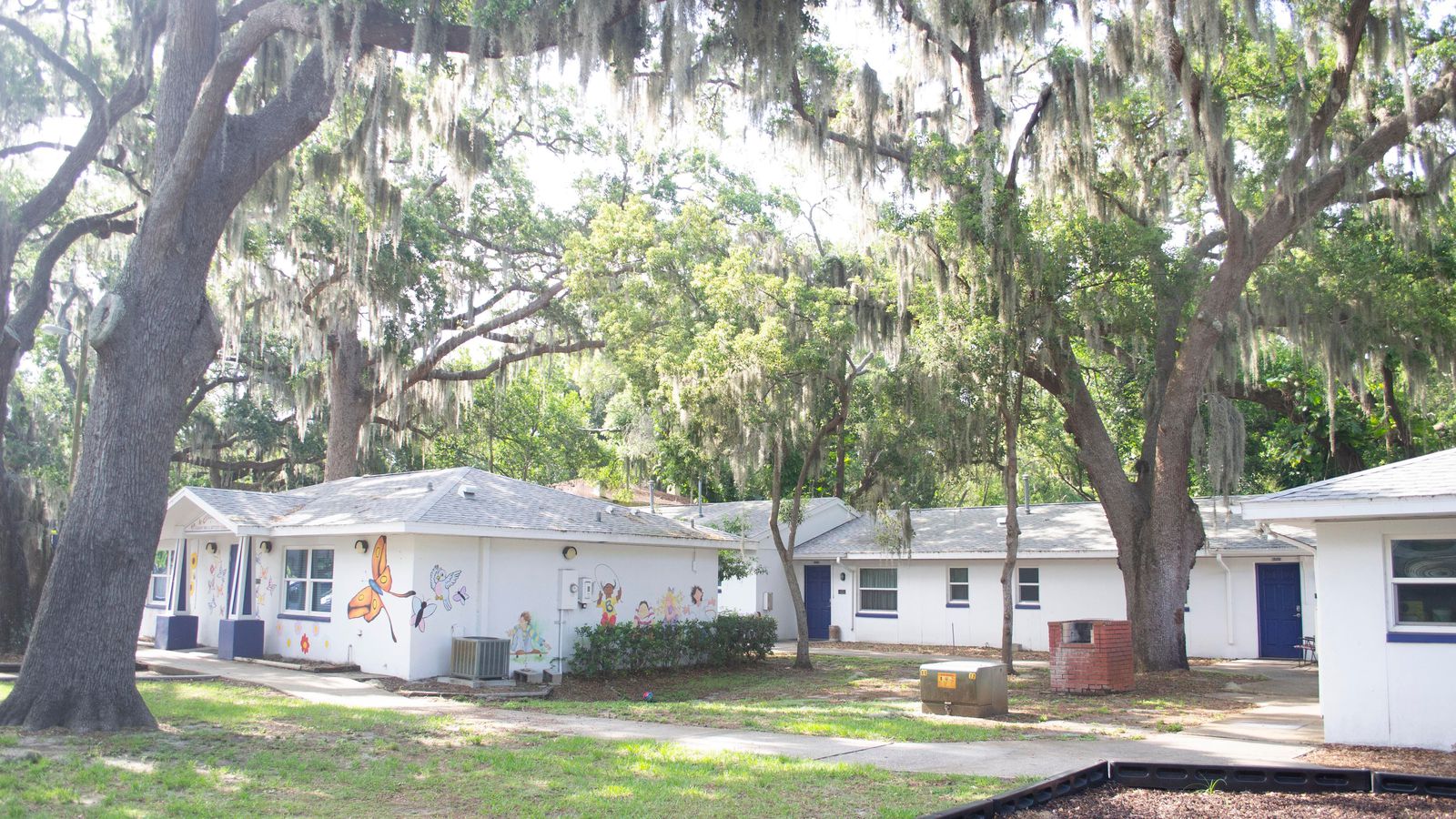Clearwater nonprofit loses almost $400k for shelter after oversight concerns
Chris O’Donnell | Tampa Bay Times
Dec 23, 2020

Grace House, a long-established Clearwater homeless shelter, is set to lose funding worth almost $400,000 a year over concerns about the facility’s finances and management.
The Juvenile Welfare Board of Pinellas County, which awards property tax revenues to local social service programs, voted earlier this month to terminate its contract with Hope Villages of America, the nonprofit that runs the shelter. In a memo provided to governing board members, the Welfare Board said it was concerned that the nonprofit failed to adequately fix long-running financial and administrative issues that had led to it being placed on a corrective action plan.
That worry reached new levels in September, when a Welfare Board monitoring team interviewed Hope Villages employees. Some of them accused their managers of speaking to residents they serve in a harsh and belittling manner and said they feared retaliation if they filed a grievance at work.
“We remain committed to being accountable and responsible with taxpayers’ dollars, and as such, made the prudent decision to terminate the Grace House contract,” said Welfare Board CEO Beth Houghton in an email.
The Welfare Board had funded the shelter, which has 90 beds, since 2005. It agreed to continue funding only through the end of February, leaving a shortfall of about $224,000 for 2021.
Hope Villages of America was known as Religious Community Services Pinellas until changing its name in October.
President and CEO Kirk Ray Smith said the shelter, which costs about $700,000 a year, is well run, with 90 percent of those who stay going onto permanent housing. The shelter also works with families and individuals at risk of becoming homeless. It provides counseling and services such as financial literacy training and family budgeting and serves about 600 people each year, Smith said.
Smith and Chief Operating Officer Melinda Perry said they had addressed many of the issues raised in the corrective action plan. Smith pointed out that the Welfare Board is continuing to fund The Haven, a domestic violence shelter for women that Hope Villages also runs.
We’ve never had an opportunity to challenge a lot of what they’ve written,” he said. “the timing couldn’t be worse with what’s happening with COVID and people in need.”
Kirk Ray Smith was hired as president and CEO of Religious Community Services Pinellas in 2016. In October, the group renamed itself Hope Villages of America.
Smith also questioned the timing of the decision by the Welfare Board, which he said had previously asked whether he would consider allowing another nonprofit to run the shelter.
“When I decided we’re going to go ahead and continue the course, then immediately I was given notice that the funding would be discontinued,” he said.
Hope Villages plans to keep Grace House open, but must find a new funding source.
This is not the first time the leadership of the nonprofit has faced criticism.
Three former employees sued the group and Smith in 2019, accusing him of making demeaning and inappropriate comments to female employees and retaliating against those who complained. The case is pending.
The three and a fourth former employee also filed complaints with the Equal Employment Opportunity Commission, alleging discrimination based on their age, sex and race. The commission dismissed three of the complaints, saying it was unable to conclude whether discrimination took place, but granted the women the right to sue the nonprofit.
When asked about the complaints alleged by employees in the September interviews, Smith said he has no contact with those staff members, nor the residents of Grace House.
Perry, the COO, said that only one employee, who is no longer with the nonprofit, had made those complaints. Other employees left because they did not like the direction the nonprofit was taking, she said. Managers recently had an open meeting with staff to discuss any concerns.
“The team we have in place are incredible, and they’re all on board with the changes we’re making,” Perry said.
But according to the Welfare Board, three of the four employees interviewed expressed concerns over the management of the shelter. The interviews were conducted after the board received a letter from a former employee expressing “compelling concerns” over the program’s leadership.
The Welfare Board placed Hope Villages on a corrective action plan in August 2019 after reviews found that the nonprofit did not have on file background screenings of employees who worked with children at the shelter, according to its memo.
There were also concerns about high staff turnover, financial management and the death of two people in the shelter from suspected overdoses. Perry said the shelter took in people who had issues such as addiction.
“It’s not anything that we would have been able to control,” said Perry.
The remaining balance of the 2021 money earmarked for Grace House, roughly $224,000, will now go to a family housing program run by the Society of Saint Vincent de Paul.
View the full news story by Tampa Bay Times at: https://www.tampabay.com/news/pinellas/2020/12/23/clearwater-nonprofit-loses-almost-400k-for-shelter-after-oversight-concerns/
